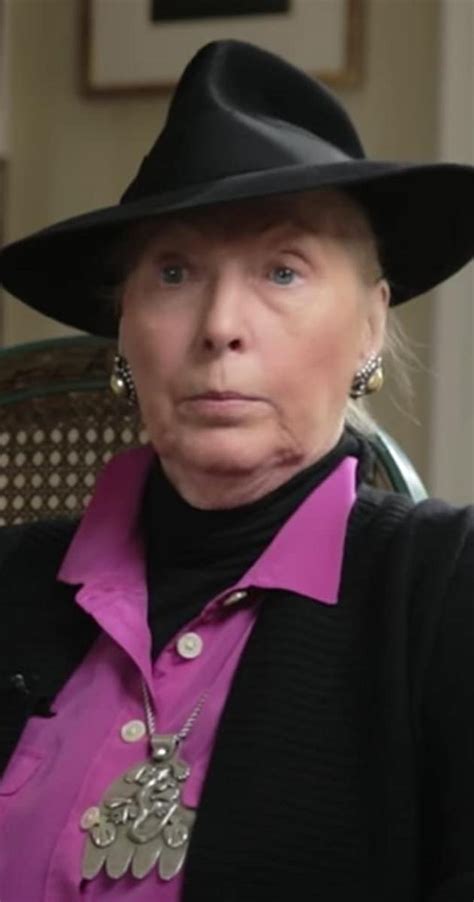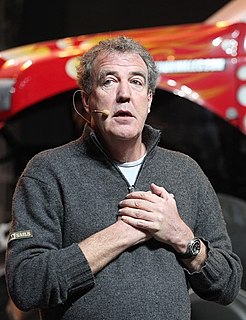A Quote by Jacqueline Winspear
If you look at the First World War, the Kaiser was actually, actively buying a lot of the armaments from Britain! in the years, in the run-up to the First World War. And I mean, there was a connection there. He was, indeed, Queen Victoria's grandson. You know, they were all related, all these royal families.
Related Quotes
... there was the first Balkan war and the second Balkan war and then there was the first world war. It is extraordinary how having done a thing once you have to do it again, there is the pleasure of coincidence and there is the pleasure of repetition, and so there is the second world war, and in between there was the Abyssinian war and the Spanish civil war.
World War Two was a world war in space. It spread from Europe to Japan, to the Soviet Union, etc. World War Two was quite different from World War One which was geographically limited to Europe. But in the case of the Gulf War, we are dealing with a war which is extremely local in space, but global in time, since it is the first 'live' war.
The World War I, I'm a child of World War I. And I really know about the children of war. Because both my parents were both badly damaged by the war. My father, physically, and both mentally and emotionally. So, I know exactly what it's like to be brought up in an atmosphere of a continual harping on the war.
Remembering the loss of those Irishmen from all parts of the island who were sent to their deaths in the imperialist slaughter of the First World War is crucial to understanding our history. It is also important to recognise the special significance in which the Battle of the Somme and the First World War is held.
I strongly believe that a small Jewish clique which has contempt for the mass of Jewish people worked with non-Jews to create the First World War, the Russian Revolution, and the Second World War. This Jewish/non-Jewish Elite used the First World War to secure the Balfour Declaration and the principle of the Jewish State of Israel.
If you look back to the anti-intervention movements, what were they? Let's take the Vietnam War - the biggest crime since the Second World War. You couldn't be opposed to the war for years. The mainstream liberal intellectuals were enthusiastically in support of the war. In Boston, a liberal city where I was, we literally couldn't have a public demonstration without it being violently broken up, with the liberal press applauding, until late 1966.
David Lloyd George had been to Germany, and been so dazzled by the Führer that he compared him to George Washington. Hitler was a 'born leader', declared the befuddled former British Prime Minister. He wished that Britain had 'a man of his supreme quality at the head of affairs in our country today'. This from the hero of the First World War! The man who had led Britain to victory over the Kaiser!
However, there is a fundamental difference between the issue related to Japan's history and our negotiations with China. What is it all about? The Japanese issue resulted from World War II and is stipulated in the international instruments on the outcomes of World War II, while our discussions on border issues with our Chinese counterparts have nothing to do with World War II or any other military conflicts. This is the first, or rather, I should say, the second point.
The fact is that Britain is the most warlike nation on earth. In the history of armed combat, we are the only democracy to have declared war on another democracy - England versus Finland in the second world war, in case you're interested - and we're always at the front of the queue when Johnny Foreigner gets a bit uppity. Who stood up to the Kaiser? Who stood up to Adolf? And let's not forget the Argies. What other country would have sent its fleet halfway round the world and lost 250 men to protect a flock of sheep and some oil that might or might not be there? We're still at it.
In 1897, troops from the greatest empire the world had ever seen marched down London’s mall for Queen Victoria’s diamond jubilee. Seventy years later, Britain had government health care, a government-owned car industry, massive government housing, and it was a shriveled high-unemployment socialist basket-case living off the dwindling cultural capital of its glorious past. In 1945, America emerged from the Second World War as the preeminent power on earth. Seventy years later . . . Let’s not go there.






































